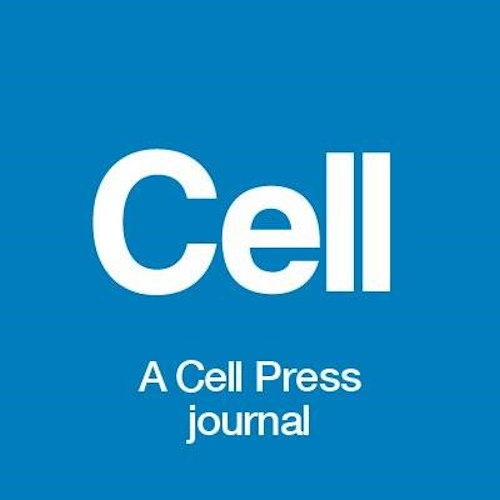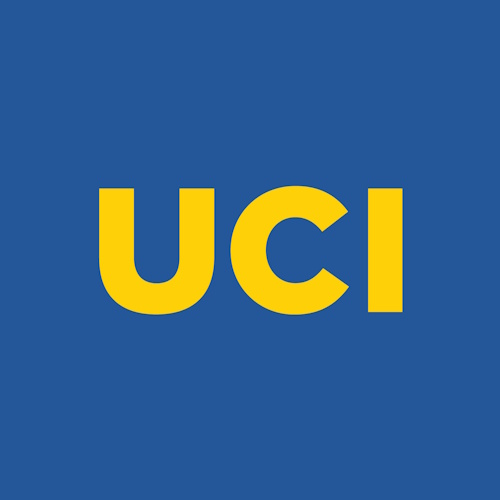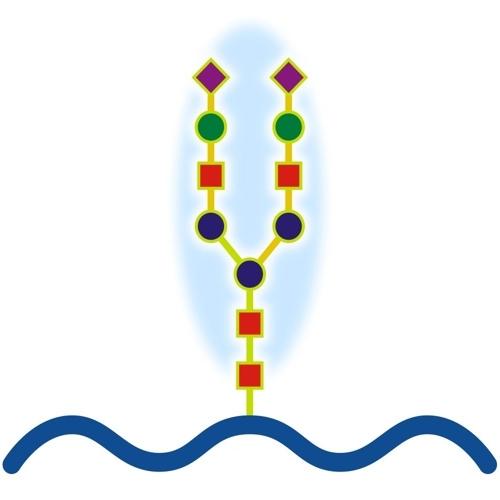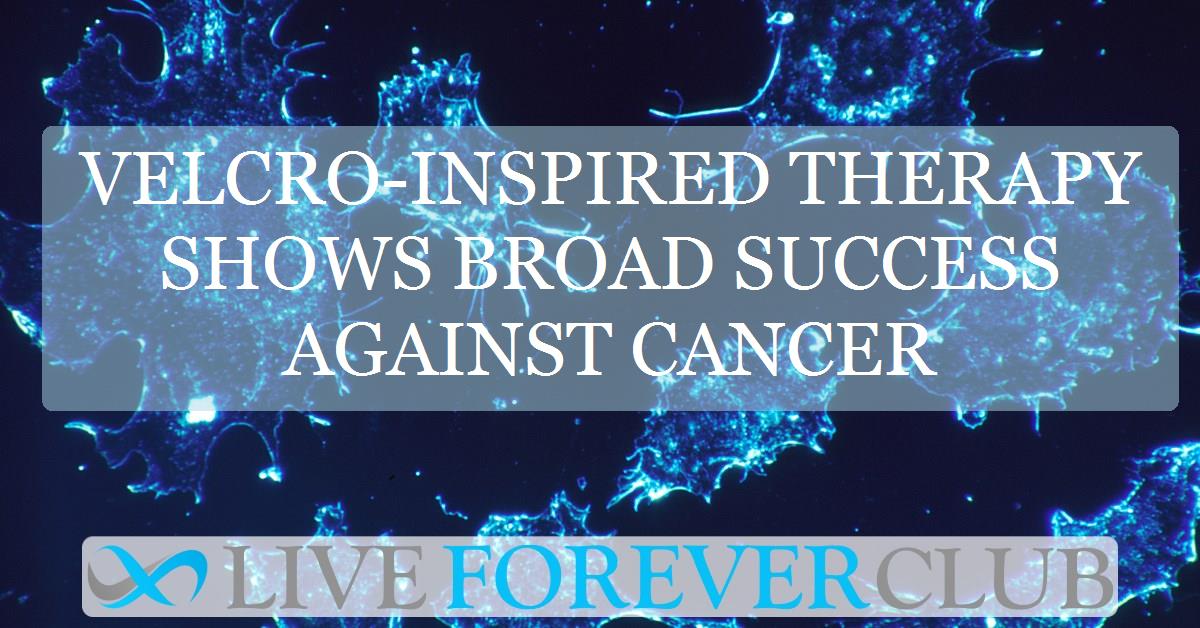Key points from article :
Scientists from the University of California, Irvine, have unveiled a promising new approach to treating solid tumours by exploiting a common feature of cancer cells: altered surface sugars known as glycans. The study, published in Cell and led by Professor Michael Demetriou, introduces a novel bispecific protein called the Glycan-dependent T-cell recruiter, or GlyTR. Unlike conventional antibody therapies that risk harming normal tissues, GlyTR uses a Velcro-like mechanism of multiple weak sugar-binding sites, allowing it to distinguish cancer cells from healthy cells based on their uniquely dense and restructured glycan coatings.
The innovation lies in GlyTR’s dual design. One arm contains lectins that latch onto tumour-associated glycans, while the other binds to T cells, directing them to attack only cancer cells. This setup overcomes two of the biggest barriers in cancer immunotherapy: avoiding “on-target, off-cancer” toxicity and bypassing the immune suppression that tumours often induce. Importantly, GlyTRs showed minimal binding to normal tissues and red blood cells, easing concerns about unintended side effects.
In lab and animal models, the technology proved effective against a wide spectrum of cancers, including breast, ovarian, pancreatic, prostate, lung, colon, and blood cancers. In mouse models of metastatic triple-negative breast cancer, pancreatic, and ovarian cancer, GlyTR treatment completely halted tumour growth when paired with human T cells. These results were strong enough to be independently confirmed at the National Cancer Institute, bolstering confidence in their reliability.
With clinical-grade production already underway at the NCI, first-in-human trials could begin within two years. If successful, this “off-the-shelf” therapy has the potential to revolutionize oncology by offering a universal treatment that works across multiple tumour types, including hard-to-treat solid cancers, while sparing healthy cells.








